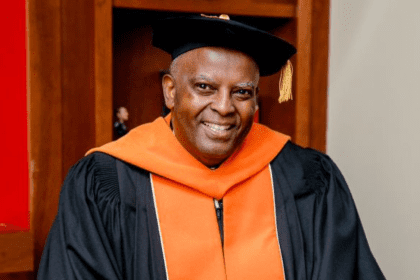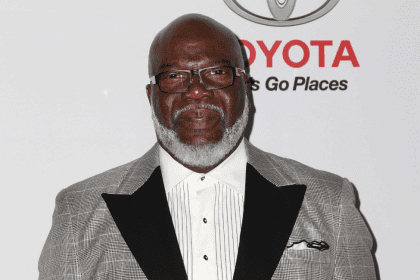
While the mainstream media continues to highlight the dearth of black men at the nation’s colleges and universities — in comparison to their residence inside America’s jails and prisons, Arlethia Perry-Johnson is actually working to increase this demographic’s attendance and graduation rates.
Perry-Johnson, the vice president of external affairs for Kennesaw State University in suburban Atlanta, is also the director of the University Systems of Georgia’s African American Male Initiative. It’s a statewide program on 27 campuses throughout the state that provides funding to schools to increase recruitment and retention of black males at our colleges and universities.
“Our goal is that when black males come into our institutions, they leave with the ultimate outcome, which is a degree conferred upon them,” says Perry-Johnson. “So we provide the support that they need, whether it is mentoring, tutoring, advising, engaging in civic initiatives or any sort of partnerships that we can provide with another civic organization that is working in this space of work, we bring all those funding, engagements together for their success, which is to earn their degree.”
As the founding project director of the initiative, Perry-Johnson has been working on this for the entire 12 years of its existence.
“I work to secure the funding, manage the funding, and manage the evaluations and outcomes so that we make sure the campuses are accountable, we receive reports for every grant that we receive,” says Perry-Johnson, who worked at the Board of Regents working for 11-½ years before going to KSU. “Essentially, we conduct a request for proposals and we fund programs on our campuses.”
Since working with the initiative, Perry-Johnson has seen a marked improvement in the levels of black male retention and graduation rates.
“We have documentation for performance measures on the front end and back end and the enrollment changes each year. The back end is how many degrees we are conferring and the front end is the retention rates and graduation rates,” Perry-Johnson says.
















